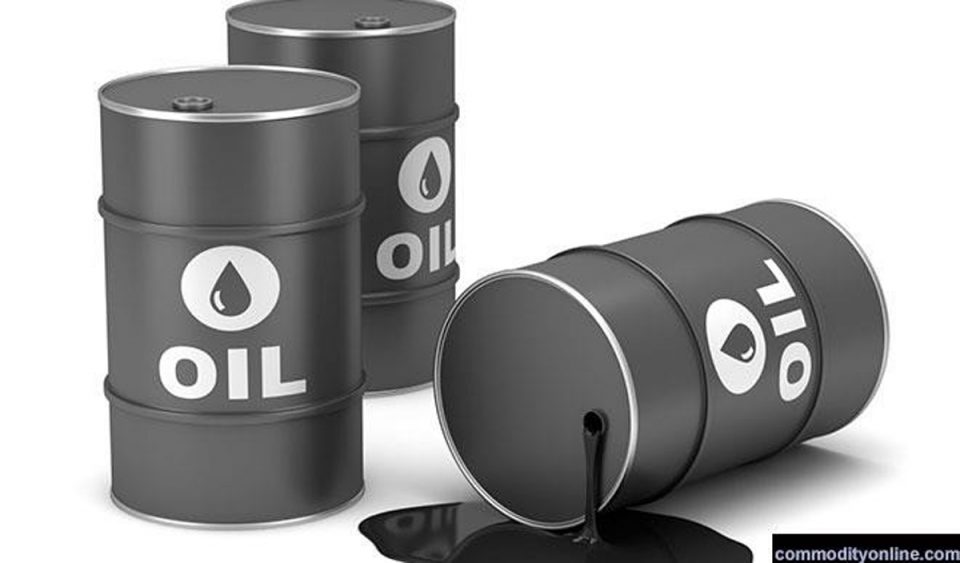Photo caption: Oil
Oil prices fell on Friday and were set for a weekly decline of over 2%, under pressure from market expectations of oversupply and uncertainty around tariff talks between the U.S. and China.
Brent crude futures were down 33 cents to $66.22 a barrel at 11:05 a.m. EDT (1505 GMT), taking losses to 2.5% over the week. U.S. West Texas Intermediate crude was down 31 cents to $62.48 a barrel, headed for a weekly decline of 3.3%.
“Prices are down as concerns over oversupply from OPEC+ persist, while the demand outlook remains uncertain amid ongoing trade tensions,” LSEG senior analyst Anh Pham said. “A stronger U.S. dollar has also added pressure to crude prices.”
Oil erased early gains after a spokesperson from China’s foreign ministry said Beijing and Washington were not having any consultations or negotiations on tariffs. That contradicted earlier comments by U.S. President Donald Trump, who said on Thursday trade talks were underway.
China has exempted some U.S. imports from its 125% tariffs and is asking firms to identify critical goods they need levy-free, according to businesses that have been notified, the clearest sign yet of Beijing’s concerns about trade war fallout.
“Traders now view further (crude price) gains as unlikely in the short term due to the continued trade war among top global consumers and speculation that OPEC+ may accelerate production hikes from June,” Saxo Bank analyst Ole Hansen said.
Oil prices fell earlier this month to four-year lows after tariffs sparked investor concern about global demand and a selloff in financial markets.
While the risk is a weaker economy will erode demand, supplies could swell.
Several OPEC+ members have suggested the group accelerate oil output increase for a second month in June, Reuters reported earlier this week.
An end to the war in Ukraine also has the potential to add to supplies if it allows more Russian oil to reach global markets.
A three-hour meeting on Friday between Russian President Vladimir Putin and Trump envoy Steve Witkoff was constructive and narrowed differences when it came to ending the war in Ukraine, Kremlin aide Yuri Ushakov said.
=== Reuters ===



